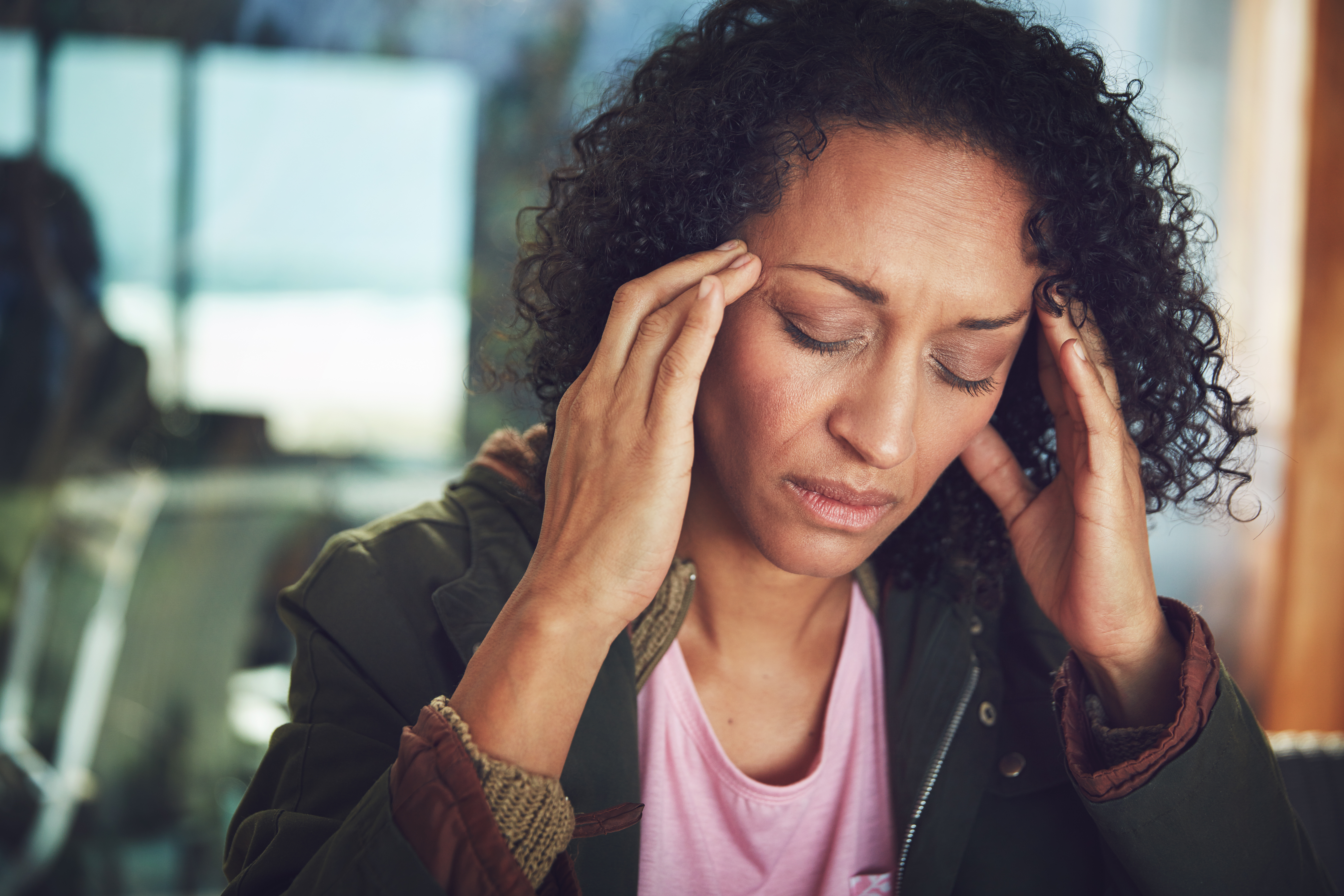Why Self-Care Is So Important in Recovery

When an addiction takes over your life, it can quickly lead to self-neglect. The stress, poor diet, and lack of exercise that inevitably come with addiction perpetuate self-destructive behaviors, including substance abuse as a way to counteract negative emotions.
Once you enter recovery, a high level of self-care becomes central to your long-term success. But why is taking care of yourself so important when you quit drinking or using drugs?
The Importance of Self-Care in Recovery
Addiction negatively affects your mood, motivation, self-perception, and sense of well-being. Most people initially abuse drugs or alcohol to reduce stress, cope with negative emotions, escape boredom, or reward themselves. Once an addiction develops, stress, negative emotions, and boredom become major triggers for using.
Successful addiction recovery requires replacing the use of drugs or alcohol with healthier alternatives. It requires staying ahead of triggers and having the energy and skills to deal with unpleasant emotions and situations. A lack of self-care leaves you vulnerable to negative feelings and saps your motivation. If you’re not taking care of yourself, your mood suffers, your concentration decreases, and your ability to cope with cravings and triggers is compromised.
On the other hand, a high level of self-care helps you maintain a stable mood, and it leads to more energy and motivation and better coping abilities. Just one small act of self-care can snowball, leading to other healthy decisions that give you self-confidence and improve your sense of health and well-being.
Tips for Taking Good Care of Yourself
An acronym used frequently in treatment programs and support groups is H.A.L.T., which stands for hungry, angry, lonely, and tired. These negative states can quickly lead back to drug use as a way to escape the unpleasant feelings. Good self-care keeps these at bay and helps you cope better with them when they do occur.
So, what does taking good care of yourself look like? Here are six essential aspects of self-care that will improve your chances of successful recovery.
- Fuel your brain and body with healthy food. A nutritious diet helps keep your blood sugar and mood stable, and it improves your concentration and energy levels. Eating healthy food makes you feel good, and when you feel good, you’re less likely to use drugs or alcohol.
- Have fun and relax every day. Finding ways to have fun and relax without drugs or alcohol is essential for successful recovery. Fill your time with enjoyable activities and hobbies to reduce stress and promote fun and relaxation without drugs or alcohol.
- Get plenty of sleep. A lack of sleep affects every aspect of your health and leads to negative moods and emotions and a lack of energy and motivation. It’s difficult to focus on recovery when you’re tired.
- Exercise. Exercise improves your mood, energy, and concentration and promotes better overall health. Regular exercise is an important stress reducer and a potent deterrent for relapse.
- Reduce stress. Stress is a major trigger for relapse, and good self-care helps keep stress levels down. The best stress-busters are adequate sleep, exercise, and regular meditation.
- Stay mindful. Mindfulness of your physical sensations and mental states helps you stay focused on changing negative emotions and addressing physical discomfort before these things lead to relapse.
The Substance Abuse and Mental Health Services Administration identifies good self-care as one of the most important aspects of recovery, leading to positive emotions, better physical health and a keener sense of well-being. Good self-care promotes a higher overall quality of life and successful abstinence for the long-term.
Start self-care in addiction recovery with us. Contact us today at (855) 945-7788.









